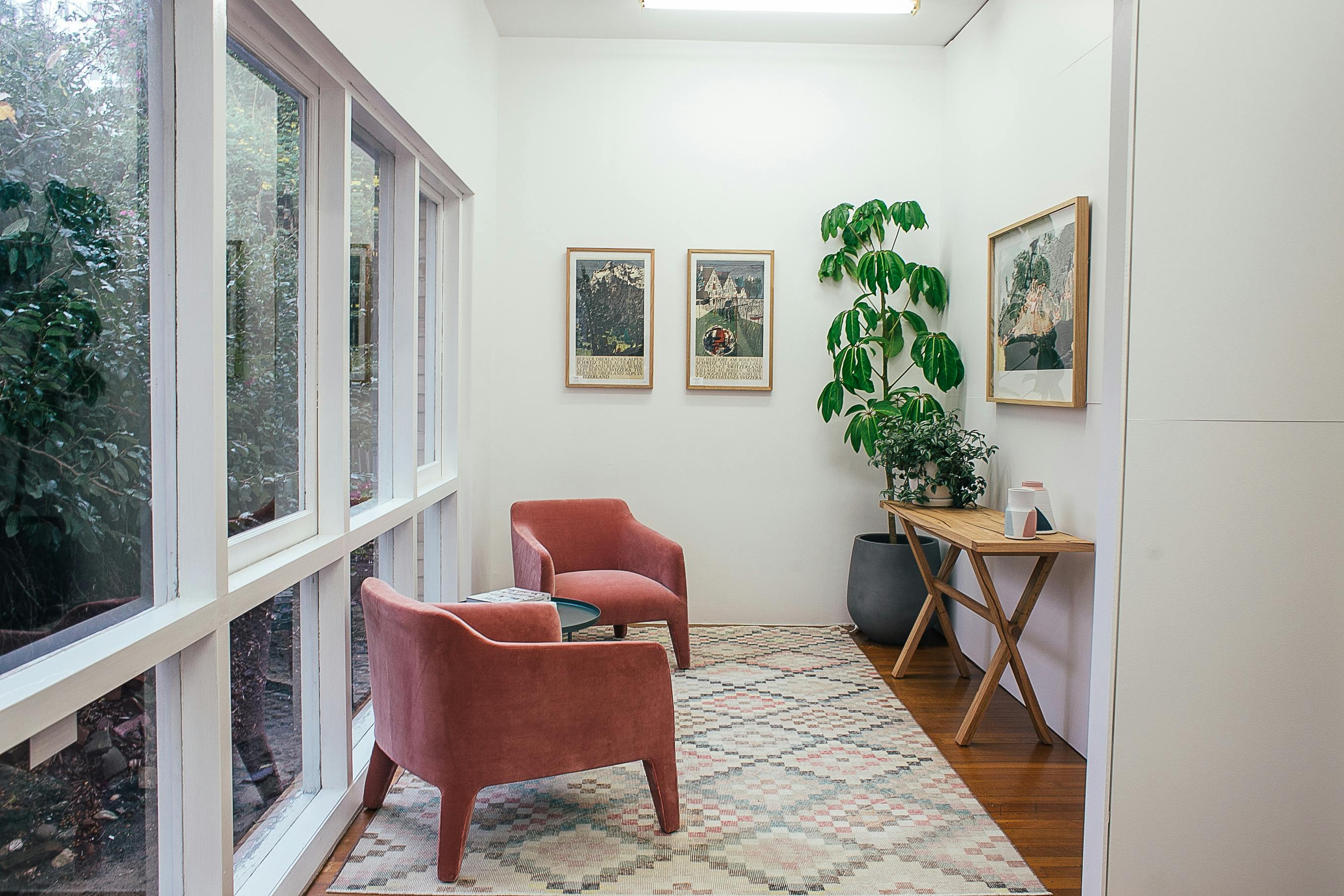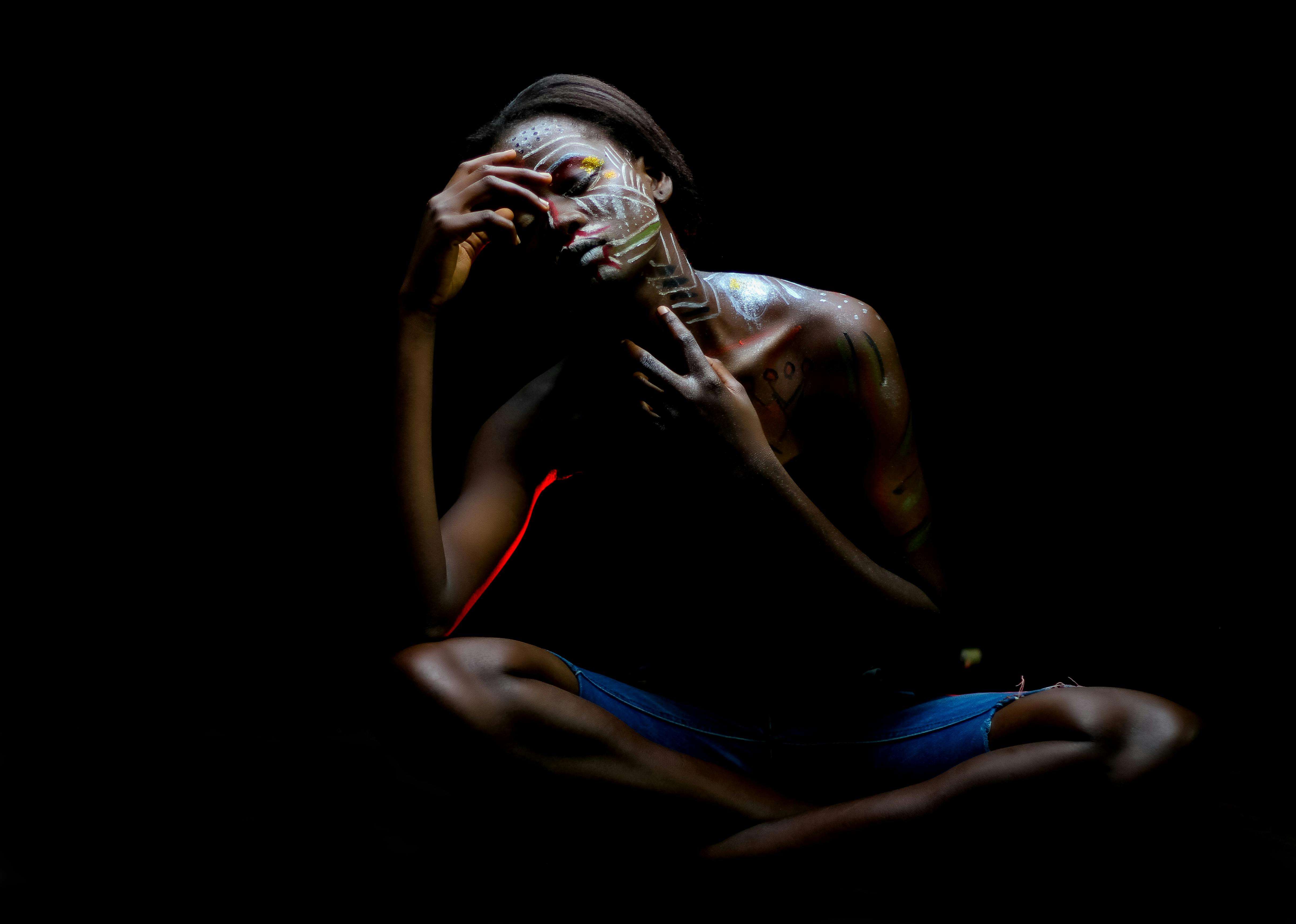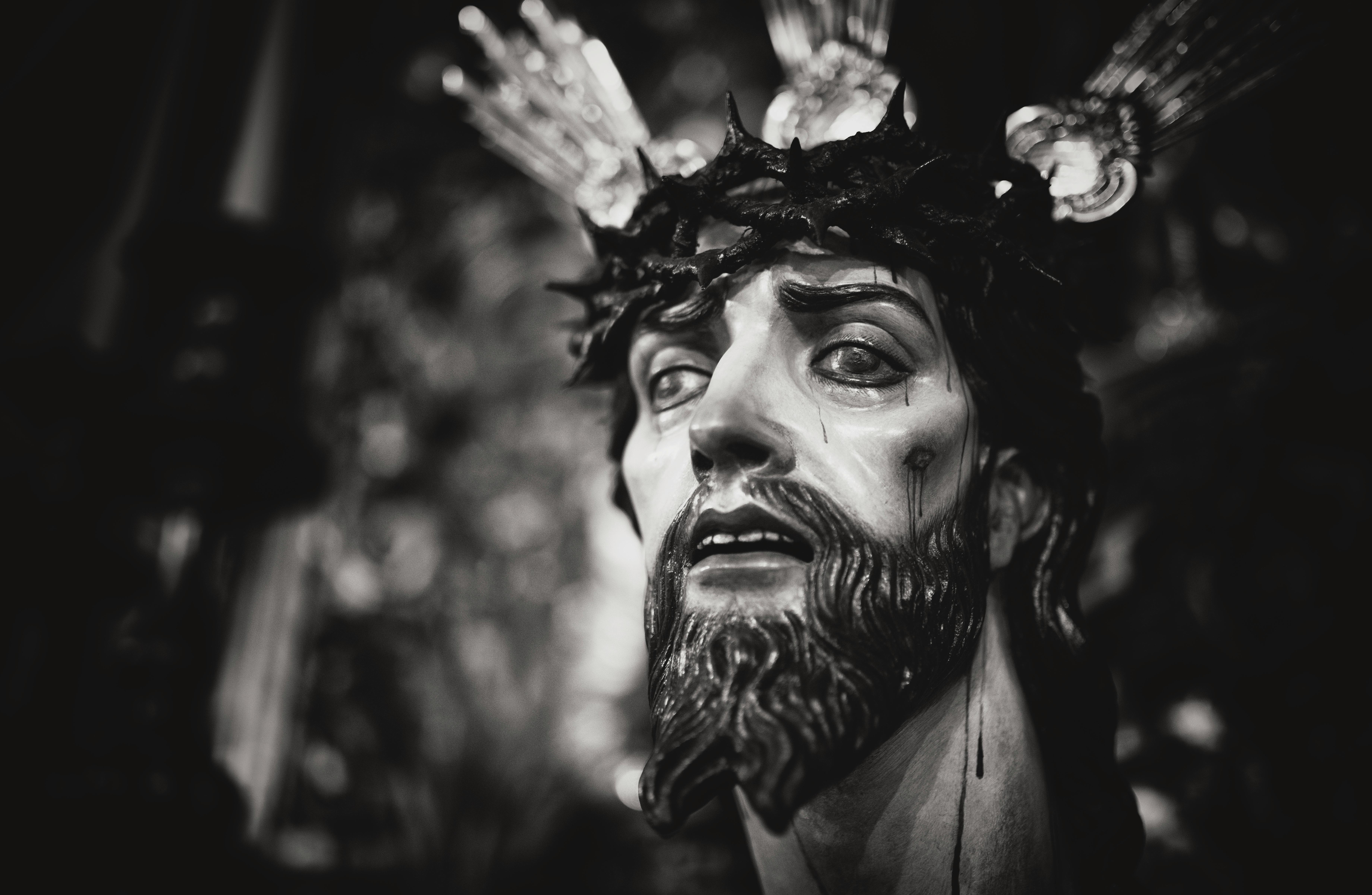The cycle of life has many faces, but none are as surprising as the faces of poverty. I came across the brilliant photographic work of Gordon Parks in Life-Time (1). Gordon Parks was an ordinary African American who did extraordinary things the moment he bought his first camera (2) for $ 12.50. The only way to describe the sights and the silent screams that emanate from these magnificent scenes that Parks created in “A Battered Family in a Rio Poor – Freedom’s Fearsome Enemy: Poverty” is to hurt. I immediately started writing.
For some reason, poverty was black America to me. The shocking revelation was boldly manifested as he flipped from one photograph to another, expecting, but not finding, a picture of a poor African-American family. From my perspective, I never imagined a mother of another color with a calico cloth wrapped around her head, her eyes dark, her nails dirty, cooking a watery soup over an open fire for her eight babies. Sometimes I would see a burly mother bent over a porch washing clothes, wringing them by hand, waving the clothes in the wind before hanging them on a clothesline to dry, always African American.
I had to take another look at Parks’ work, read excerpts from the article again, before realizing that the scene was Rio de Janeiro. When I think of Rio, I think of a well-deserved vacation on warm beaches. I never ever think of poverty.
Gordon Parks’ charming work dispels your need for a vacation and destroys your prejudices by drawing you into each scene, making you feel emotions buried deep within you. Cold, harsh and dark rooms give off a loneliness that you cannot escape. Dirty soles hang limp from the edges of worn mattresses. A boy diligently straightens his straw bed, a bed that takes up his entire room. There is no Chifferobe to hang your clothes, because there are no extra clothes to hang. He has no shoes. As I study this photograph, I wonder where he will go after making his bed. Is there a nearby school? Are you a beggar on the streets of Rio de Janeiro? Are you working in your father’s place?
In another photograph, on top of a lonely hill, shrouded in clouds, is the statue of Christ the Redeemer. The rooftops serve as stairs leading to the foot of the statue where hope seems remote and dark.
Gordon Parks moves me beyond comfort when he exposes the dying. They seem to die without hope, hoping to continue dying. Do you wonder why death takes so long? Their faces are resigned to it. But the children around them don’t understand it.
Babies who eat from babies’ hands pull on your emotions. The ribs that scrape the abdomen of young children are undoubtedly the effects of hunger. They eat porridge. There’s no meat. Without food supplements. Babies do not have warm milk.
It is normal for a child to retrieve water from a hill, load it up, and pour it into a pot to prepare their next meal. There is no running water, no refrigeration, no electricity. And there is no guarantee that reclaimed water is disease free.
In each and every photograph, there is always someone taking care of someone else. No one seems to be alone, not even the dying. A mother carries three gallons of water on her head, with her two little ones in tow. Six or seven children are all in one bed. A boy brings water for his family. Another feeds his little sister.
These faces of poverty remind us of what we left behind: Family. Although we hate to admit it, we don’t want to relive the effects poverty had on our lives. For all that poverty does to the soul, it consistently fuses the human spirit of many into one.
We have forgotten how single mothers worked in hard concrete laundries to bring home $ 1.50 / hour for a nine hour shift during the 1950s and 1960s. Or how Mom would scrub the hotel floors and bathrooms, then go home and give her kids a slice of crusted bread topped with sugar, mayonnaise, butter, or cane syrup for dinner. Rent was due. Although hungry, the family ducked and survived.
Maybe we forgot how Dad worked in refineries, did most of the backbreaking work, and we never got the promotion and raise he deserved. You remember how Daddy would whisper to your mother during the night, telling her that Mr. Henry took credit for his new idea, and then got the recognition and promotion that your Daddy craved. As a child, you remember how your dad would sit at the dining room table, his black eyes staring at nothing in particular. You would talk to him, but then he slapped you on the head and he would say “that’s fine, son”, but you knew he hadn’t heard a word you said. Now that you’re older, you know that Dad was lost somewhere between feeding you and educating you. Caring for her family never left her mind.
Across America, there is a side of poverty that is neglected. Most of us have what we need: clothing, food, central heating, and air. Yet young mass murderers are killing because they fight loneliness every day of their lives. Ostracized by others, they stay to feel worthless and unloved. In high schools, somewhere, girls fight like cats for popularity status by killing characters who cannot fight for themselves. The parents have run away from home. Mothers struggle to find a good father, and if they are not careful, they end up with someone else’s runaway father.
We seem to be hungry for something we cannot touch, something satisfying and lasting. We collide with the walls, waving our hands in an effort to find something that will ease the aches and pains of life.
Gordon Parks’ description of poverty leaves no doubt what those faces are after. They want hope. These faces of poverty want to grab a firm line that has a hot, homemade meal. They want a cup of fresh, clean water and sleep by a warm fire. They want the sun to shine through the dark crevices of their lives. They need someone to give them a big hug, a warm smile.
With all of our technical gadgets, warm homes, full bellies, is it possible that we want the same things we’ve left behind? Family. Scoldings of a good and decent father. Dad helping you fix another old thing. The smells of the mother’s home-cooked meals flow through the house. Family. To sit together on a front porch in an old rocking chair or porch swing and enjoy the afternoon sun. Take a walk hand in hand along the edge of a beach. Laugh at a terrible joke. For coffee or tea, in no rush to go anywhere. Maybe it’s as simple as sitting together at the dinner table with your family: your husband at the head of the table, you at the other end, the kids fighting over nothing, all happy, smiling, sharing.
Rich or poor, oh how we all long to re-experience family.
[1] Life: A Battered Family in a Rio Poor Neighborhood – Freedom’s Fearsome Enemy: Poverty, Photographed for Life by Gordon Parks
http://life.time.com/history/gordon-parks-classic-photo-essay-flavio/#end
[2] Wikipedia – Voigtländer Brillant – camera definition used by Gordon Parks
http://en.wikipedia.org/wiki/Voigtl%C3%A4nder_Brillant



